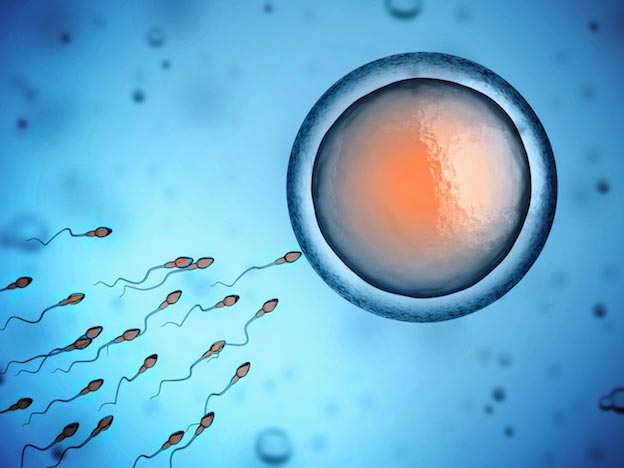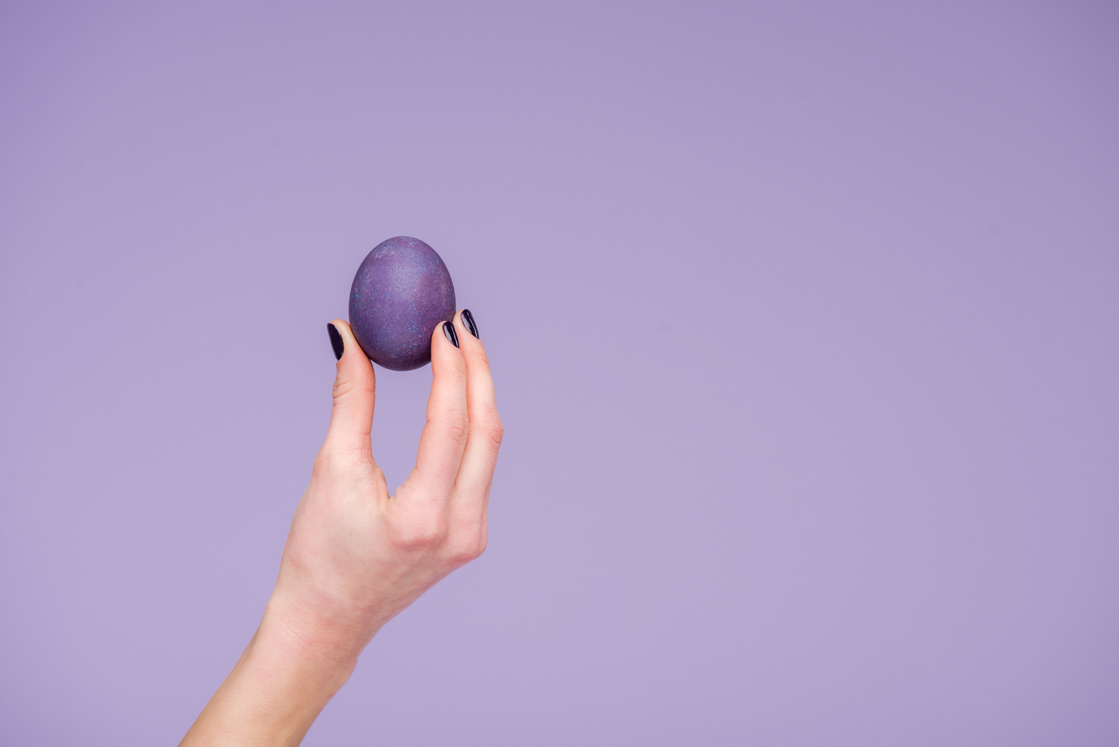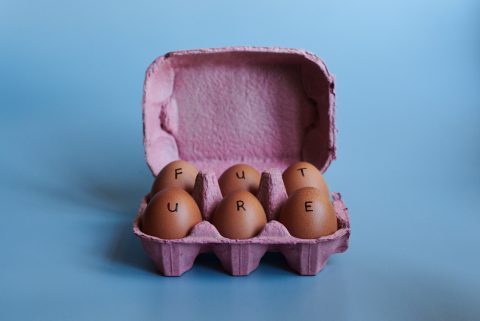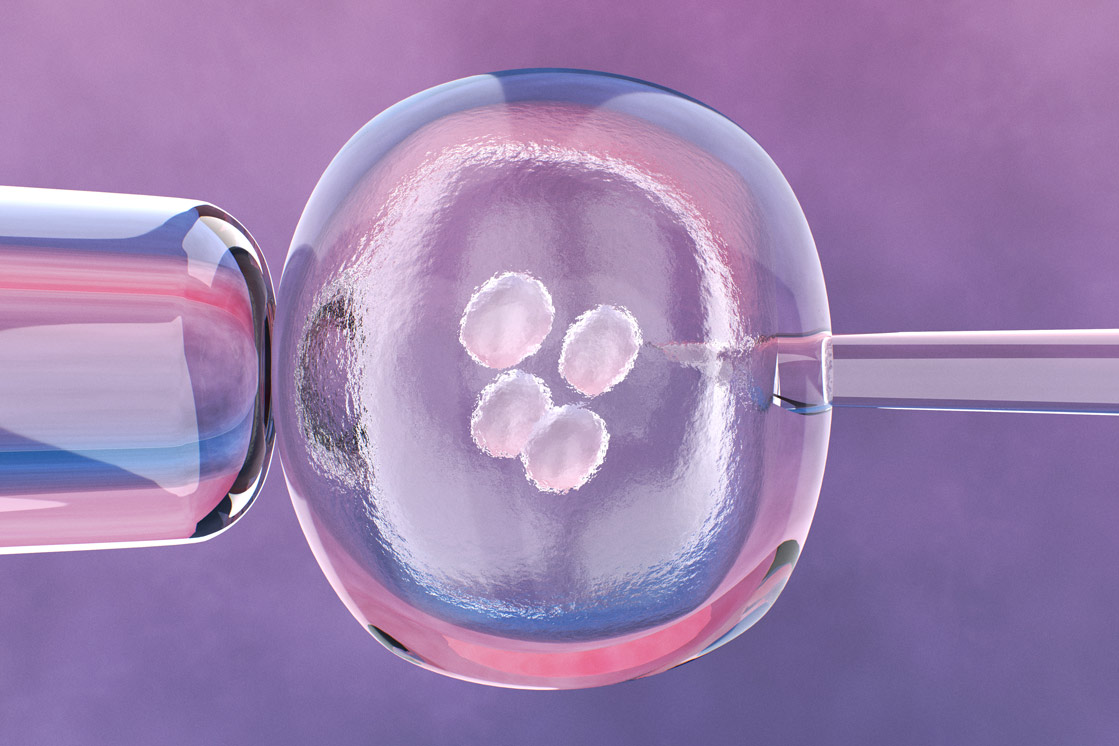In 2023, egg freezing is the fertility measure that everyone’s talking about. What began in the 1980s as a procedure for women undergoing health treatments that could compromise future fertility, is fast becoming the smart woman’s pre-emptive fertility measure of choice.
If you’re a busy woman that hasn’t had children yet and finding it still isn’t the right time, you may be particularly interested to learn about egg freezing. We spoke to Dr Anu Chawla, Fertility Consultant at The Fertility and Gynaecology Academy, about this procedure.
First things first: What does egg freezing involve?
As women age, both the quantity and quality of their remaining eggs (and chances of conceiving) begin to decline. This fertility drop steepens after the mid-thirties and becomes especially sharp after age 40. Of course, just how quickly a woman’s fertility declines will vary woman to woman according to a number of factors including lifestyle, genetics, environment and so on. But regardless, every woman’s egg quality and quantity declines as she gets older and above all, age is the number one reason for declining fertility.
Therefore, freezing your eggs at an age when your ovaries can still generate high quality eggs – in order to use those eggs for a future pregnancy – is seen as a good insurance policy if you’re not ready to have children yet.
The egg freezing process is essentially the same as the beginning stage of an IVF cycle. You’ll be given hormone medications to help stimulate your ovaries to produce more eggs for harvesting. Then, those eggs will be retrieved under sedation, frozen, and put into storage for thawing and use in future fertility treatment at a time of your choosing, should you need to.”
To use the eggs in years to come, they will be thawed and injected with sperm to make embryos. A few days after that, these embryos are put into the womb to grow and develop.
Why opt for egg freezing and what is ‘Social Egg Freezing’?
“There are many possible reasons a woman might choose egg freezing,” says Dr Chawla, “for example if she is undergoing treatment such as chemotherapy or is concerned about a family history of premature ovarian failure. But by far the most common reason we see here at The Fertility and Gynaecology Academy is the need for more time. Freezing your eggs because of a need for more time is also known as “social egg freezing.”
A woman may need more time before she can start a family due to not having met the right partner yet, or the need to establish herself more securely financially or in her career before she breaks to have children.
The modern woman, particularly in big cities like London, is often pulled in a million directions. She wants to give any child the best start in life and feels that now isn’t the right time for that best start. This is where, for some women, egg freezing comes in. She can preserve much higher quality eggs to use at a time when the other elements so crucial to having a family – financial security, stability, and having the right partner – are in alignment.
How safe is egg freezing?
Egg freezing should not compromise a young woman’s prospects for conceiving spontaneously in the future – it’s a back-up that many women opt for, for more peace of mind. If it transpires that you don’t need to use your frozen eggs, you can either donate them or have them discarded as you wish.
There is to date no evidence of an increase in birth defects, developmental problems or chromosomal abnormalities in children that were conceived with frozen eggs. In fact, using her higher quality eggs frozen when a woman was younger can lower the risks that come with being an older mother – such as the risk of chromosomal and genetic problems, and miscarriage. Indeed, a woman over age 40 has a better chance of a healthy pregnancy with the use of embryos made in her mid-30s than her fresh embryos as a 40-something woman.
What’s the egg freezing age limit?
“There’s no egg freezing age limit as such,” says Dr Chawla. “But there is a point at which – say if a patient is in her forties – a responsible clinician will ask her to think very carefully.
“We need to be straight with women because, as we always say here at The Fertility and Gynaecology Academy, time is fertility. If egg freezing is something you think could be a valuable life investment, then biologically speaking the sooner you can do it, the better.”
In addition, recent changes in the law allow for egg freezing for any reason for up to a maximum of 55 years, making egg freezing for women in peak fertility years more viable. Up until last year, the law only allowed for egg freezing for up to 10 years except for medical reasons. This made egg freezing during peak fertility years a tricky prospect for many women because she might not be ready for a family by the time the storage limit was up. In response to the incredible advances in freezing technology, the government changed the law.
Now that the law allows for storage for 55 years, it gives women much more control over when they choose to freeze their eggs and when they can thaw and use them.
What is the cost of egg freezing?
The cost of egg freezing varies according to how many cycles you wish to undergo and how long you choose to store your eggs for. The number of cycles you may want will vary according to your own medical history and fertility profile, which a good quality clinic will go through with you in detail.
Here at The Fertility and Gynaecology Academy we believe in being absolutely transparent with our fees and providing packages that are as inclusive as possible without hidden costs, to give our patients peace of mind. For a breakdown of what to expect, see our fees page.
Our central London clinic is home to the UK’s most esteemed fertility doctors and state of the art equipment, and our fertility treatment success rates are among the UK’s highest. To find out more about how we can help, call The Fertility & Gynaecology Academy now on 020 7224 1880 or email info@fertility-academy.co.uk.









